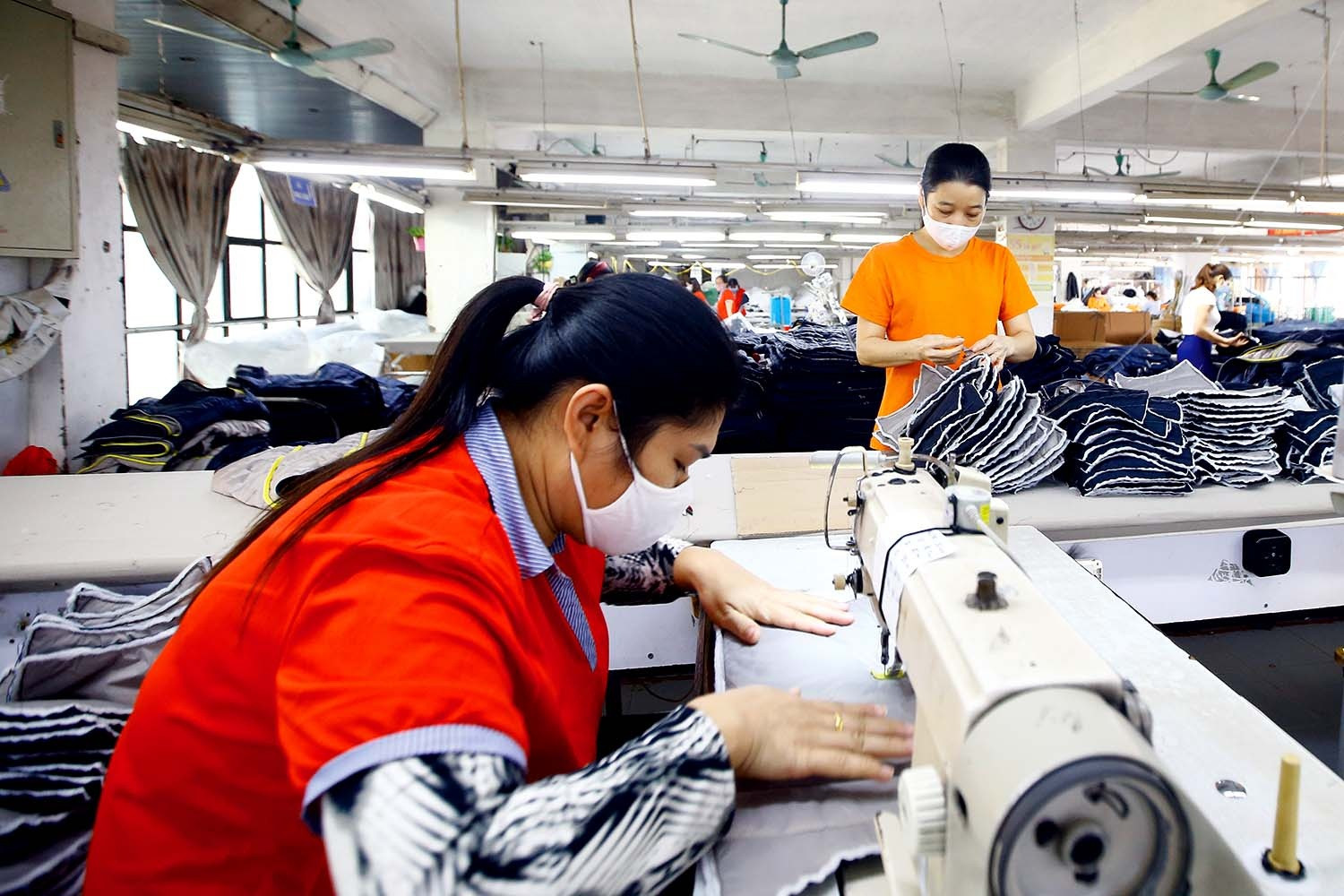
The Q2/2022 labour market update from Adecco Vietnam shows the same on-year hiring requests volume. However, some industries have increased recruitment demand while trying to bounce back and stride forward.
According to Thu Ha Nguyen, director of Adecco Hanoi office, the demand for IT personnel continues to soar. Digital transformation, big data, cloud computing, and IoT trends not only provide ample local chances for Vietnamese IT staff but also open up remote opportunities at overseas companies and projects. Consequently, although many enterprises offer attractive salaries and bonus schemes, they still need to make an effort to recruit highly specialised candidates.
She also noted that the labour demand in manufacturing businesses, such as electronics, textiles, and chemicals, has climbed significantly this year and will most likely continue to do so.
Vietnam has benefited greatly from China's manufacturing exodus and FTAs with the EU, Japan, and South Korea. Recently, the US-China trade tensions along with the production disruptions in China have made firms diversify their supply chains.
Vietnam, along with other Southeast Asian countries, is considered a potential destination as industrial enterprises are accelerating their production to make up for the past years of stagnation.
However, the lack of skilled labour is one of the major obstacles for many. With the immense need for workers, those in production management positions, quality assurance, and engineering are much sought-after.
Along with the manufacturing and tech-related enterprises, firms in food and beverage service, consumer electronics, and energy are also coming to us with significant hiring demands.
The search for talent in commercial, sales, marketing, and software engineering roles is very competitive as candidates have been overwhelmed with opportunities from new players in the market.
It is worth noting that there is a candidate shortage in the financial services and insurance sectors given the fluctuations of the stock market in recent months, spurring employees to leave for more stable and promising industries.
As for industries that were heavily affected by the pandemic, such as hospitality and entertainment, massive recruitment campaigns and employer branding activities can help ease the labour shortages. However, the risk of losing key people to other businesses arises as they realise that sustainable industries with flexible cultures are more attractive and less vulnerable to uncertainty.
Source: VIR